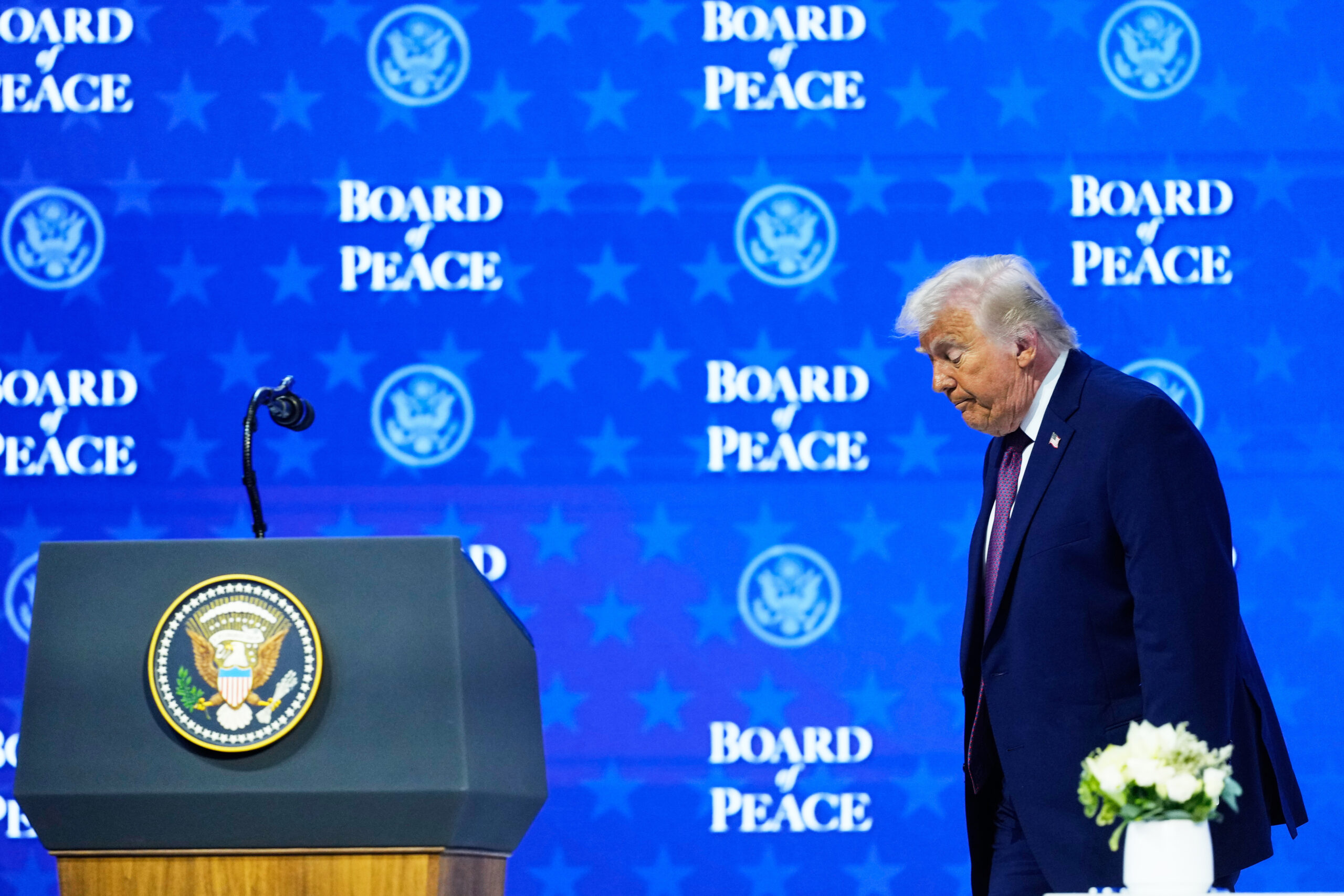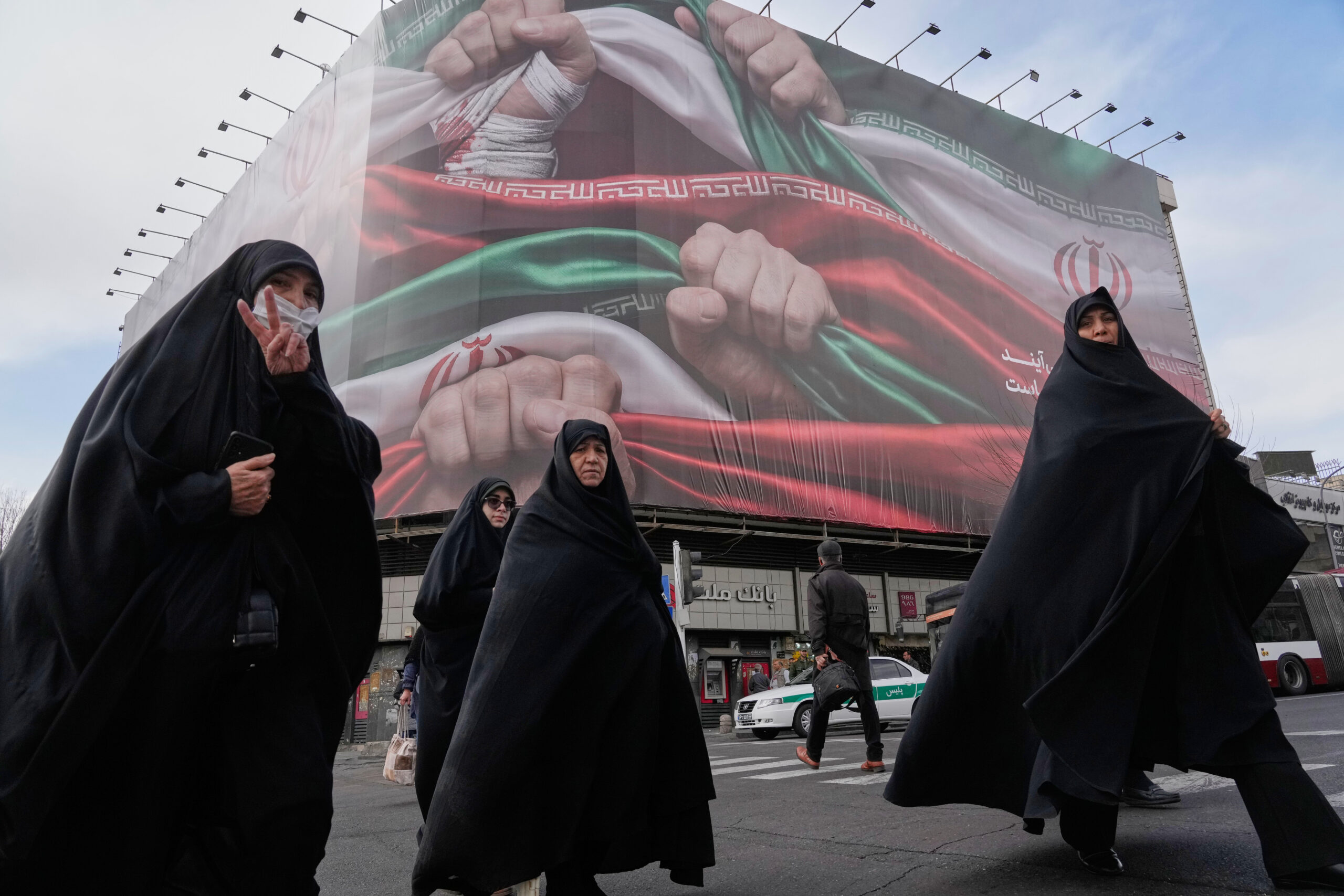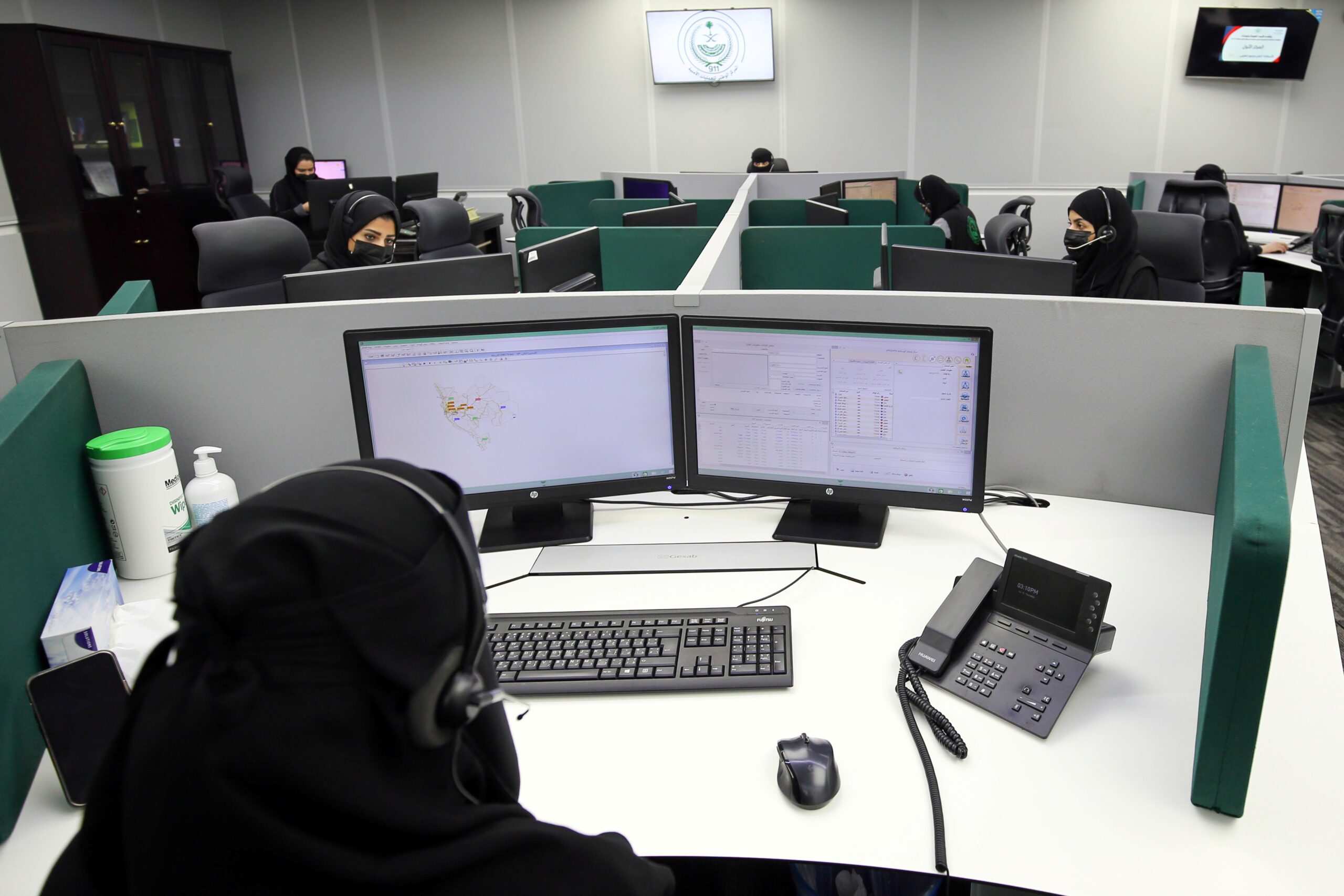Tensions between the United States and Saudi Arabia are becoming a disturbingly prominent feature of political discourse in the two countries.
Saudi commentators loudly complain about abandonment and betrayal by Washington, while unease about, and indeed resentment of, Riyadh is gaining ground in American analysis.
This friction, which originates at the top, primarily emerged during the second Obama term. The administration placed so much emphasis on a nuclear agreement with Iran that it sometimes seemed to care about little else in the Gulf region. Saudi anxiety about American commitment and leadership is mirrored by American doubts about Saudi Arabia’s commitment to fighting terrorism, and particularly to combating extremist sentiments and religious intolerance that are the fundamental basis of some of the most dangerous forms of violent radicalism, particularly among Sunnis.
The problem isn’t simply misrecognition and mistrust. There are genuine short-term policy differences that have emerged over the past few years that have seriously undermined practical cooperation between Washington and Riyadh on some issues.
The most obvious and dramatic, but by no means the only, examples of such divergence arise in the Syrian context.
Over the past four years, Saudi Arabia has been committed to the overthrow of Bashar Al-Assad. The US, while initially appearing to back his ouster and predicting his imminent downfall, quickly abandoned a commitment to any specific outcome in Syria, instead focusing on the need to preserve basic social institutions and prevent a repetition of the meltdown in Iraq following the American invasion.
Washington wants the war in Syria to end as soon as possible, while Riyadh wants Mr Assad overthrown. And neither side seems terribly particular about the broader context in which these largely incompatible goals are to be achieved.
It has become obvious that if the war in Syria could essentially end in the near term, but with Mr Assad remaining in power in large parts of the country, Washington would accept, and even welcome, that outcome. The realisation of this has appalled and infuriated the Saudis and their allies, who would see it as a massive victory for Iran and the establishment of a new regional order that secures a Middle Eastern mini-empire for Tehran at the expense of the Arabs.
Saudi Arabia, for its part, has been willing to fund and support rebel groups that Washington regards as unacceptably radical, that demand the establishment of sharia law in Syria and frequently cooperate with the Al Qaeda affiliate in that country, Jabhat Al Nusra. US vice-president Joe Biden, in particular, expressed sweeping accusations about support for extremism with such anger that he had to apologise to Saudi Arabia, as well as Turkey and the United Arab Emirates.
The core reality that is frequently being obscured or overlooked is that the United States and Saudi Arabia still share many important strategic goals in the region, including the defeat of extremism and terrorism. The same cannot be said of the United States and Iran, which, apart from implementing the nuclear agreement, share almost no long-term goals.
Yet it sometimes appears that Washington finds it easier to cooperate with Tehran on a practical, day-to-day basis than it does with the Riyadh and some other traditional American Arab allies. As political analyst Karim Sadjadpour brilliantly explained: “There’s a growing perception at the White House that the US and Saudi Arabia are friends but not allies, while the US and Iran are allies but not friends.”
The idea that Saudi Arabia isn’t, or shouldn’t be, an ally of the United States despite the strong agreement between the two countries on so many broad and long-term policy goals, is being increasingly expressed in American commentary. A recent article by Sarah Chayes and Alex De Waal – which appeared on both The Atlantic and Defense One websites – predicts the imminent downfall of the kingdom, largely based on bizarre analogies with South Sudan and Somalia. It accuses Saudi Arabia of being “no state at all” but instead simply a “criminal organisation.”
This embarrassingly clumsy article is nonetheless a useful indication of how wild pronouncements against Saudi Arabia, at times even including comparisons with ISIL, are finding an increasing audience in Washington.
Such hyperbole is especially unfortunate because it undermines and trivialises serious, indeed crucial, issues regarding, for example, a troubling human rights record, some of Saudi Arabia’s social policies and dealing with intolerant religious rhetoric.
The Saudi-American relationship ought to be an important asset for both sides in working together to address these imperative and profoundly troubling concerns. But it can’t be done in the context of what amounts to schoolyard name-calling.
Meanwhile, it’s fashionable in some circles in Washington to go beyond sensible and proper support for successful, effective American diplomacy with Tehran, and express a credulous admiration for all things Persian, particularly in contrast with anything Arab, above all from the Gulf.
But despite the tensions and resentments of the moment, Saudi Arabia remains in broad agreement with the United States about most long-term strategic outcomes in the Middle East, while Iran is not. Sooner rather than later everybody will be reminded of this, even though many otherwise serious people on all sides seem, for the moment, to have somehow forgotten it.
This article originally appeared in The National.
The views represented herein are the author's or speaker's own and do not necessarily reflect the views of AGSI, its staff, or its board of directors.






























Feb 22, 2016
Washington Often Forgets Who Its Real Allies Are
Tensions between the United States and Saudi Arabia are becoming a disturbingly prominent feature of political discourse in the two countries. Saudi commentators loudly complain about abandonment and betrayal by Washington, while unease about, and indeed resentment of, Riyadh is gaining ground in American analysis. This friction, which originates at the top, primarily emerged during...
5 min read